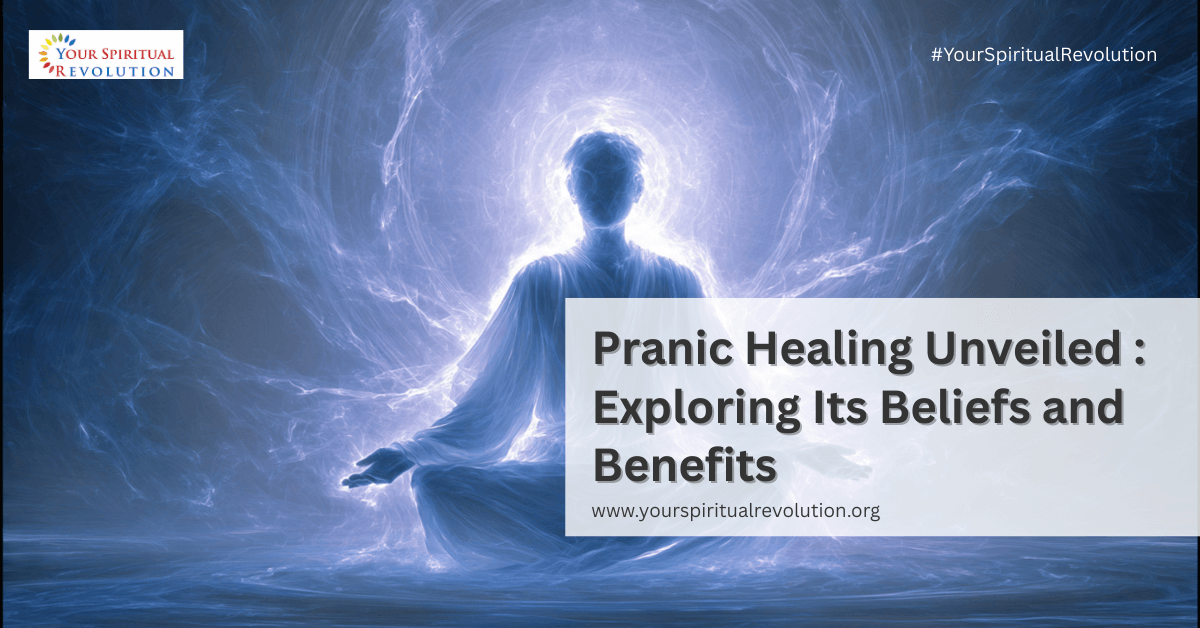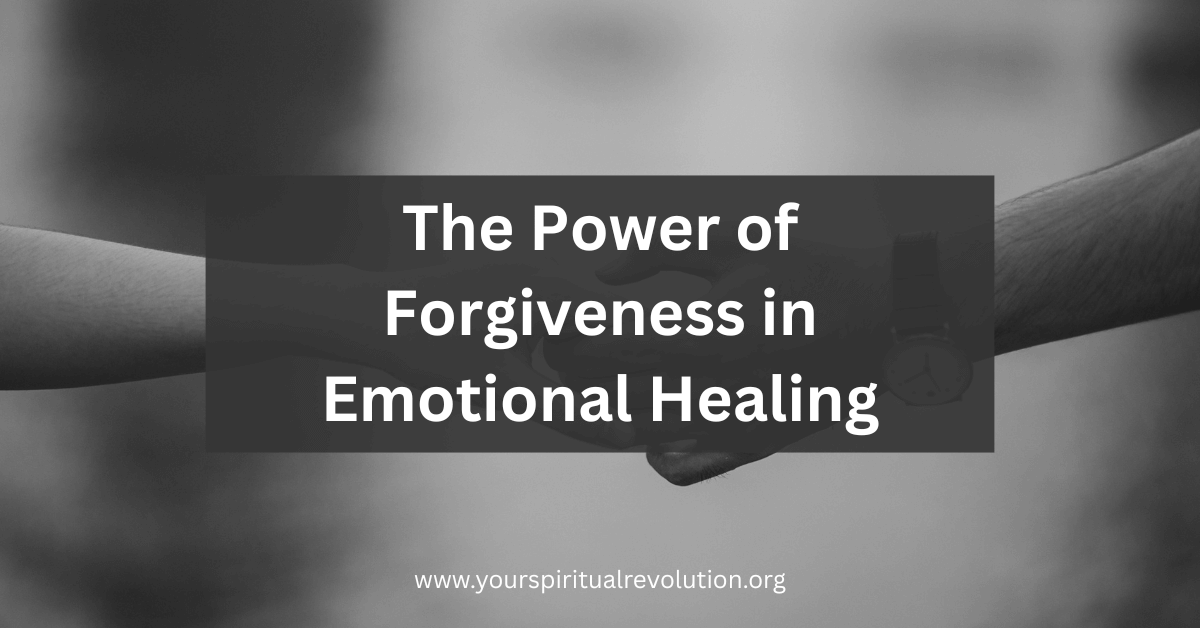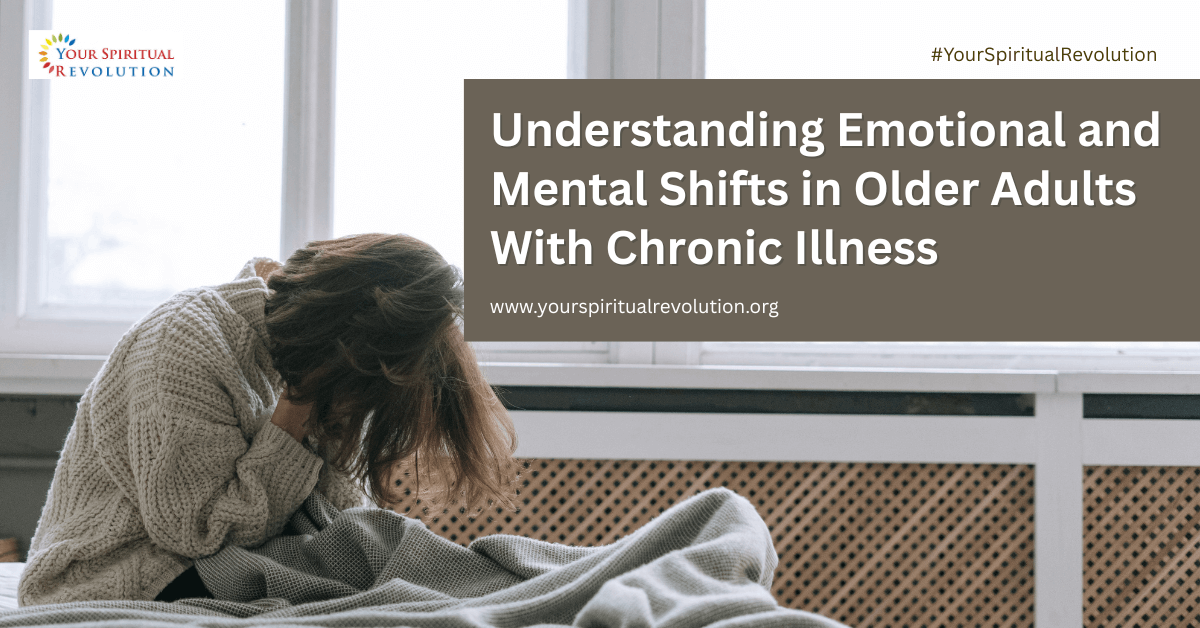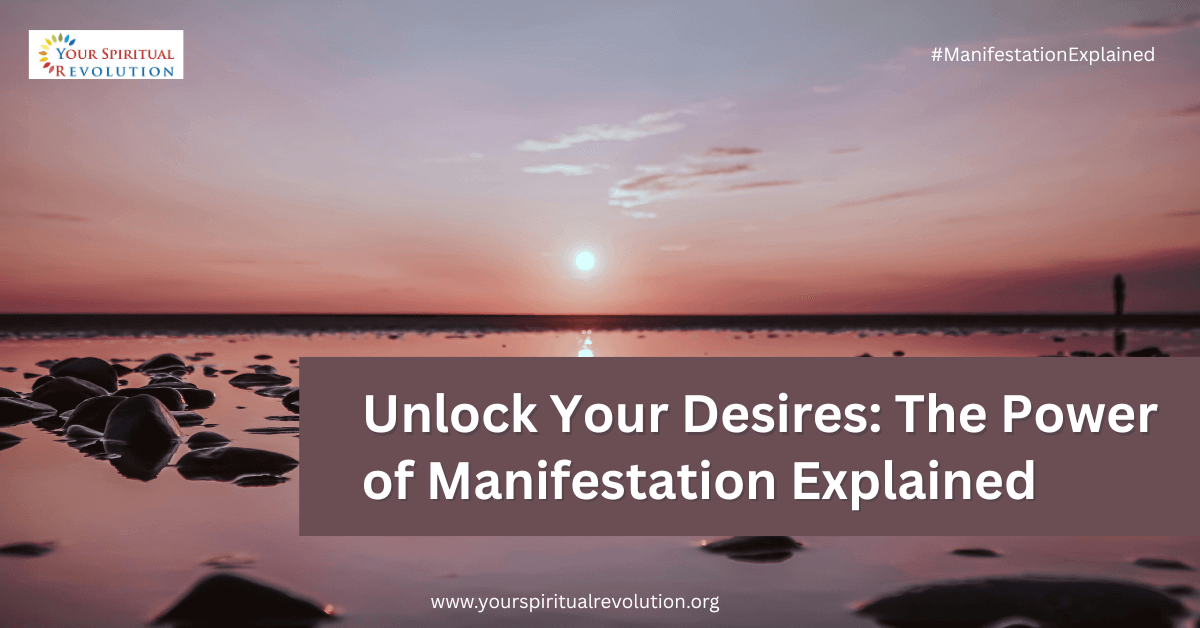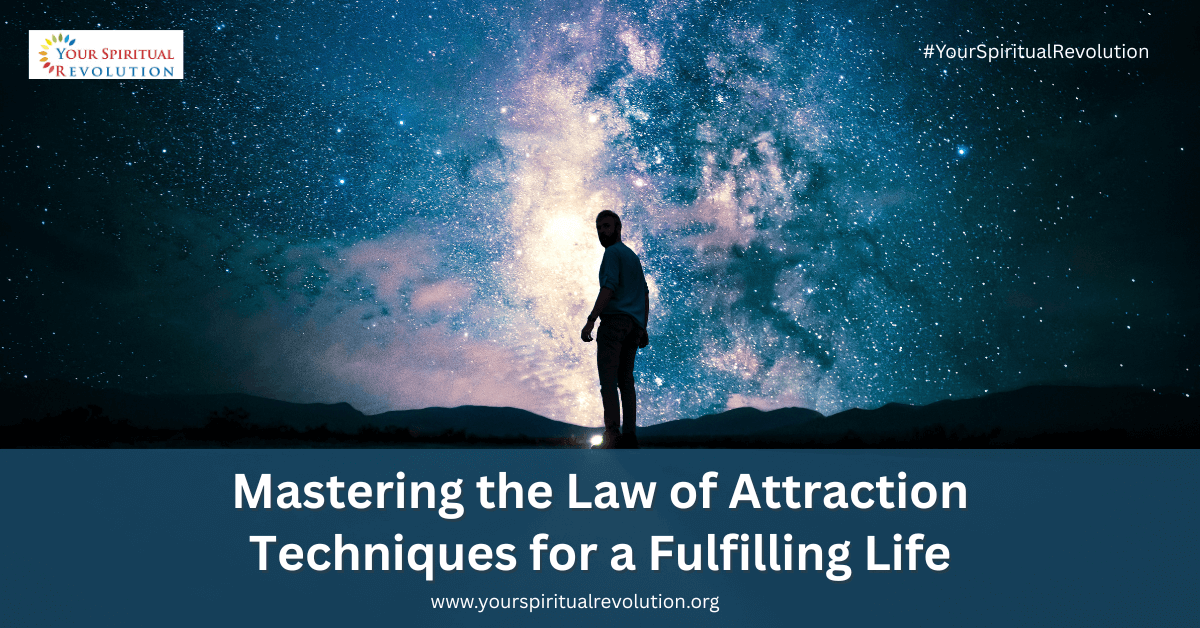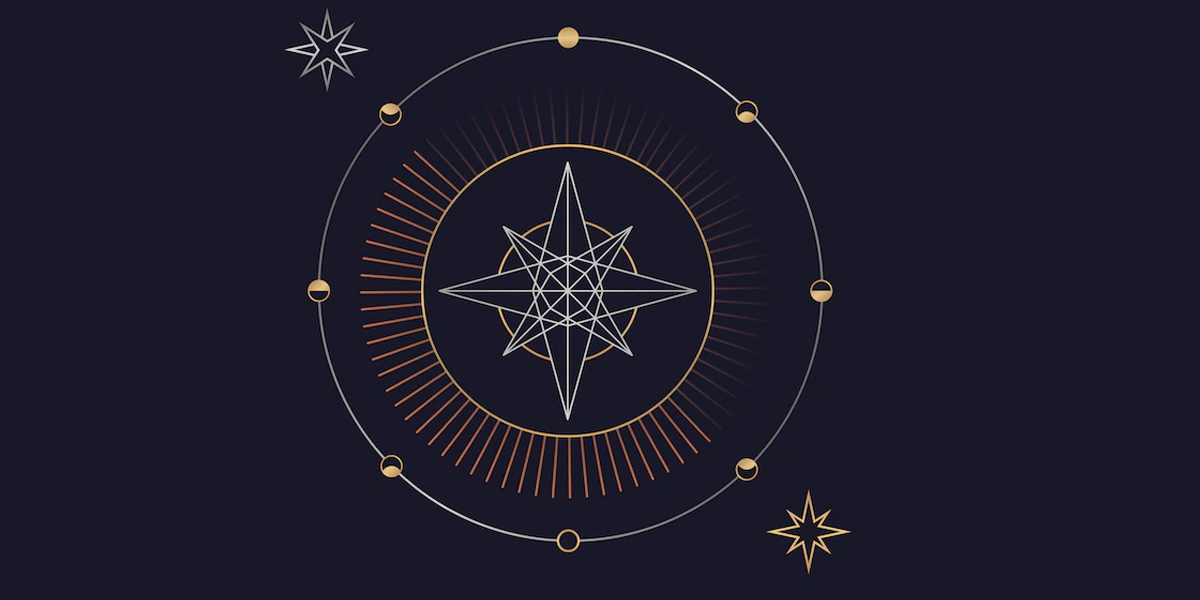Holding on to anger, resentment, or betrayal may feel protective — like a shield against future hurt. But over time, unhealed pain becomes a weight that quietly drains our energy, clouds our peace, and affects our health.
Forgiveness is not about excusing the harm done. It’s about releasing the emotional grip the past has on you. It’s one of the most powerful acts of self-healing — not because it changes the past, but because it changes how you carry it.
Forgiveness often gets misunderstood. Many believe it means forgetting, reconciling, or letting someone “off the hook.” But true forgiveness is not about the other person — it’s about you.
Psychologist Dr. Robert Enright, a pioneer in forgiveness research, defines it as:
“A conscious, deliberate decision to release feelings of resentment or vengeance toward someone who has harmed you, regardless of whether they deserve it.”
Forgiveness is an internal process, not a public declaration. It’s about freeing yourself from the emotional burden of pain, anger, and bitterness that can keep you stuck in the past.
Forgiveness isn’t just a moral or spiritual choice — it’s also backed by neuroscience.
Dr. Frederic Luskin of Stanford University’s Forgiveness Project discovered that people who practice forgiveness experience less depression, reduced stress, and greater optimism.
MRI studies reveal that forgiveness activates brain regions associated with empathy, emotional regulation, and cognitive control — particularly the prefrontal cortex and anterior cingulate cortex (Cerebral Cortex, 2018).
In contrast, resentment lights up the amygdala — the brain’s fear and anger center — keeping the body in fight-or-flight mode.
In other words, forgiveness rewires the brain toward peace, while holding grudges keeps it locked in pain.
The act of forgiving offers profound emotional rewards:
When you forgive, you reclaim emotional space once occupied by anger or sadness. You start to feel lighter — not because the hurt disappears, but because you’ve stopped carrying it.
Forgiveness fosters empathy. It helps you understand that people act from their own pain and limitations. While boundaries remain important, compassion allows for more genuine connections.
A study in the Journal of Behavioral Medicine (2019) found that people who regularly practiced forgiveness had lower levels of loneliness and greater relationship satisfaction.
Letting go of resentment helps quiet intrusive thoughts and rumination. As one participant in Dr. Luskin’s research shared, “Forgiveness gave me my mind back.”
Meta-analyses from Psychological Bulletin (2020) found that forgiveness interventions significantly reduced symptoms of depression, anxiety, and PTSD — often as effectively as traditional therapy.
One of the biggest myths about forgiveness is that it means reconciliation. But forgiveness does not require rebuilding a relationship with someone who hurt you.
It’s entirely possible to forgive while maintaining distance or setting boundaries. You can wish someone well without welcoming them back into your life.
Forgiveness also doesn’t mean denying the harm done. Acknowledging pain is part of healing. As therapist Dr. Janis Abrahms Spring puts it:
“You don’t forgive because the person deserves it. You forgive because you deserve peace.
Forgiveness is a gradual journey — one that involves feeling, understanding, and releasing. Here’s how to start:
Often, people act out of their own pain or limitations. Understanding this doesn’t justify their actions but can help you release bitterness.
Dr. Fred Luskin calls this “broadening your perspective.” It allows you to see the offender as a flawed human rather than a villain — which softens emotional intensity.
Anger makes us believe that holding on will somehow balance the scales. But in reality, revenge keeps you emotionally tethered to the past.
Forgiveness doesn’t erase accountability — it simply stops the pain from defining your future. You can let go of emotional reactivity while still expecting fairness or justice.
Often, the hardest person to forgive is yourself. You may feel guilt for mistakes, staying too long, or not seeing red flags earlier.
Self-forgiveness involves acknowledging your humanity — that you did the best you could with the awareness you had.
Research from the Journal of Positive Psychology (2021) found that people who practiced self-forgiveness reported greater life satisfaction and self-compassion over time.
A simple affirmation to begin:
“I release myself from the past version of me that didn’t know better. I am allowed to grow.”
Anger makes us believe that holding on will somehow balance the scales. But in reality, revenge keeps you emotionally tethered to the past.
Forgiveness doesn’t erase accountability — it simply stops the pain from defining your future. You can let go of emotional reactivity while still expecting fairness or justice.
Forgiveness is not a one-time decision — it’s a practice. Some days, the pain may resurface. That’s okay. Healing is not linear.
Each time you choose to let go — even just a little — you reclaim more freedom.
When you forgive, you don’t erase your story — you rewrite how it ends. You move from victim to survivor, from resentment to resilience.
Forgiveness gives you permission to stop reliving the hurt and start living again.
As Archbishop Desmond Tutu once said:
“Forgiveness says you are given another chance to make a new beginning.”
And perhaps the most powerful truth is this: you don’t forgive to change the past; you forgive to change your future.
